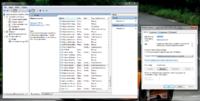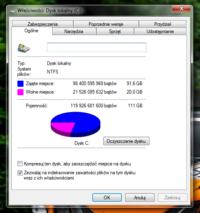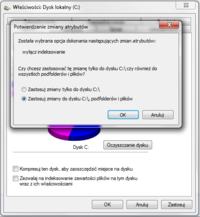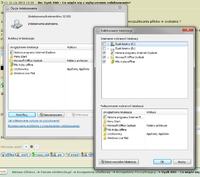Let me rehearse the topic a bit
I plugged in the SSD, made all the recommendations like disabling indexing etc and now I have a question
After disabling indexing in Outlook, when I am looking for a phrase in e-mails, with indexing enabled, after entering the word, the system filtered the messages by itself, and now, with indexing disabled, only when I click the magnifying glass.
The second thing is that in Explorer, when searching for files in the window, after entering the search phrase in the upper right part, it is no longer filtered. Filtering works with indexing enabled. And now the question:
Turning off indexing, I understand, speeds up windows like work and saves SSD disk which has a limited number of writes.
After turning on indexing, I don't see a difference in work. so it doesn't bother me.
How much shorter drive life will be with indexing enabled?
If it matters, the drive is the samsung 840 Evo.
I mean, for example, when the drive is turned off, it will work, for example, for 5 years or 1,000,000 hours. and when turned on, 50% less.
What is the real difference?







